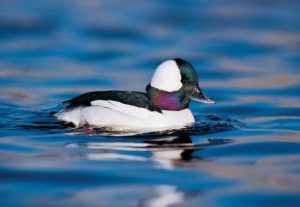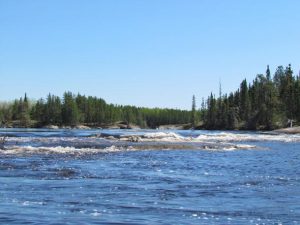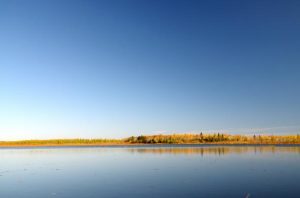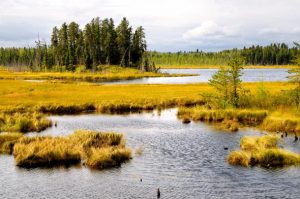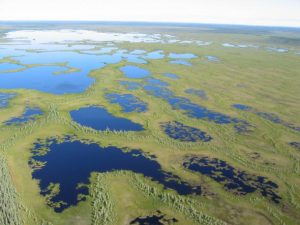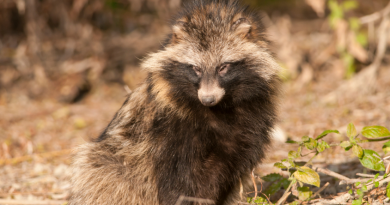Slideshow: The secrets of Manitoba’s boreal forests
When most people think about Canada’s province of Manitoba, they think about prairies.
But in reality, Manitoba is home to some of Canada’s most important boreal forest habitat.
A report titled Manitoba’s Blue Mosaic was recently issued by the Boreal Songbird Initiative and Ducks Unlimited Canada calling attention to the diversity of the province’s environment and the importance of promoting active conservation in the region.
The science and policy director at the Boreal Songbird Initiative, Jeff Wells, describes these areas of Manitoba has “a hidden global treasure.”
“It’s a meeting place of these different ecozones: north and south, east and west… They biodiversity features are really extraordinary.”
- 3/4 of Manitoba is covered by boreal forest
- 80 per cent of the boreal forest in the province remains intact
- more than 8,000 lakes are found in Manitoba`s boreal forests
- at least 100 million birds are estimated to breed in Manitoba’s boreal forests
-sources: Jeff Wells, Boreal Songbird Initiative
Arctic environment
Manitoba is also home to an Arctic-like ecozone in the Hudson Bay, James Bay lowlands in the North of the province. The region is home to polar bears in late fall and early winter, Wells says. The report also describes that as many as 50,000 belugas are hosted in the rivers going into Hudson Bay.
While commercial and industrial development have put some of Canada’s Boreal regions under threat, Wells says there’s been several positive moves in Manitoba.
“Manitoba has done a really good job over the years in being careful and cautious in how it moves forward,” Wells says. “About 80 per cent of their boreal forest region is still intact.”
Peatland strategies and caribou conservation have also been supported.
First Nations participation has been key in conservation efforts, Well says. And they’ve have been the driving force behind the move to have an area known as Pimachiowin Aki be declared as a UNESCO heritage site.
“It’s one of the last large intact areas of southern boreal forest,” Wells says. “So that’s a really special spot that First Nations have taken a great leadership role in moving forward on.”
To find out more, Eye on the Arctic’s Eilís Quinn spoke spoke to Jeff Wells earlier this week:
Related stories from around the North:
Canada: Snowy owls flocking farther south in Canada, U.S., CBC News
Finland: Birds ‘tune up’ in Finland as daylight hours get longer, Yle News
Norway: When birds take to oil rigs, Eye on the Arctic
Sweden: Wind farm could hurt duck habitat says Swedish court, Radio Sweden
United States: Laser technology used to map polar bear den habitat, Alaska Dispatch

